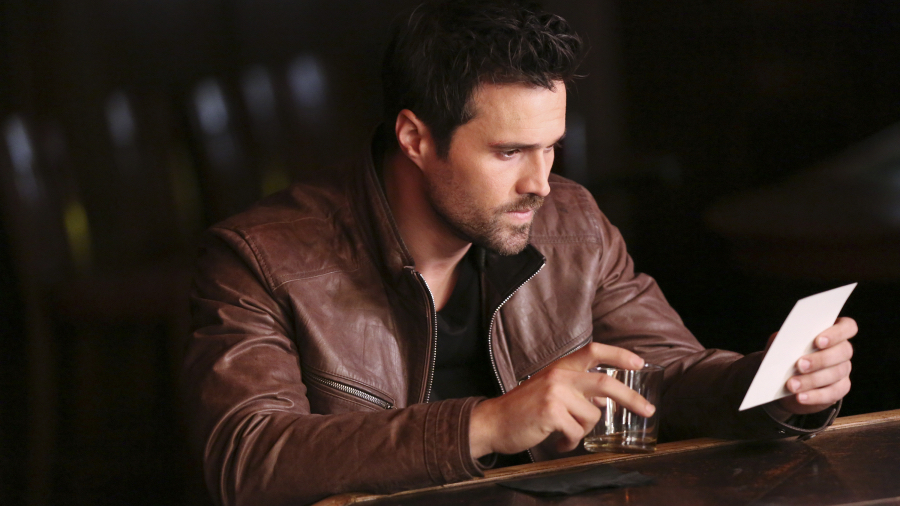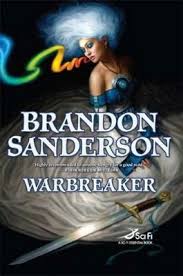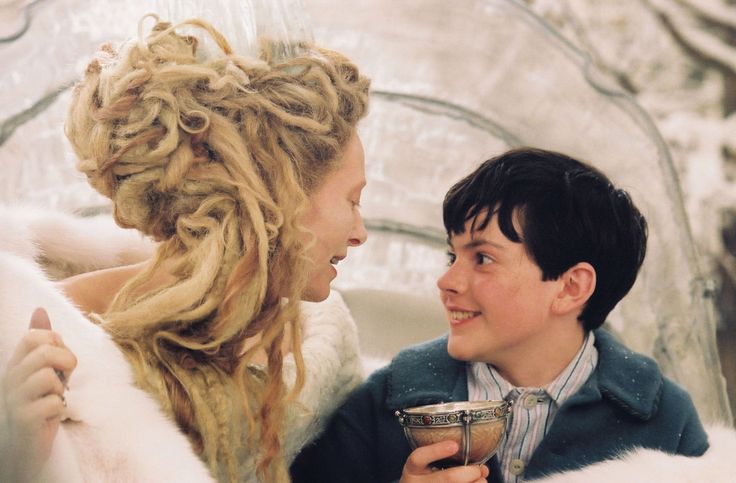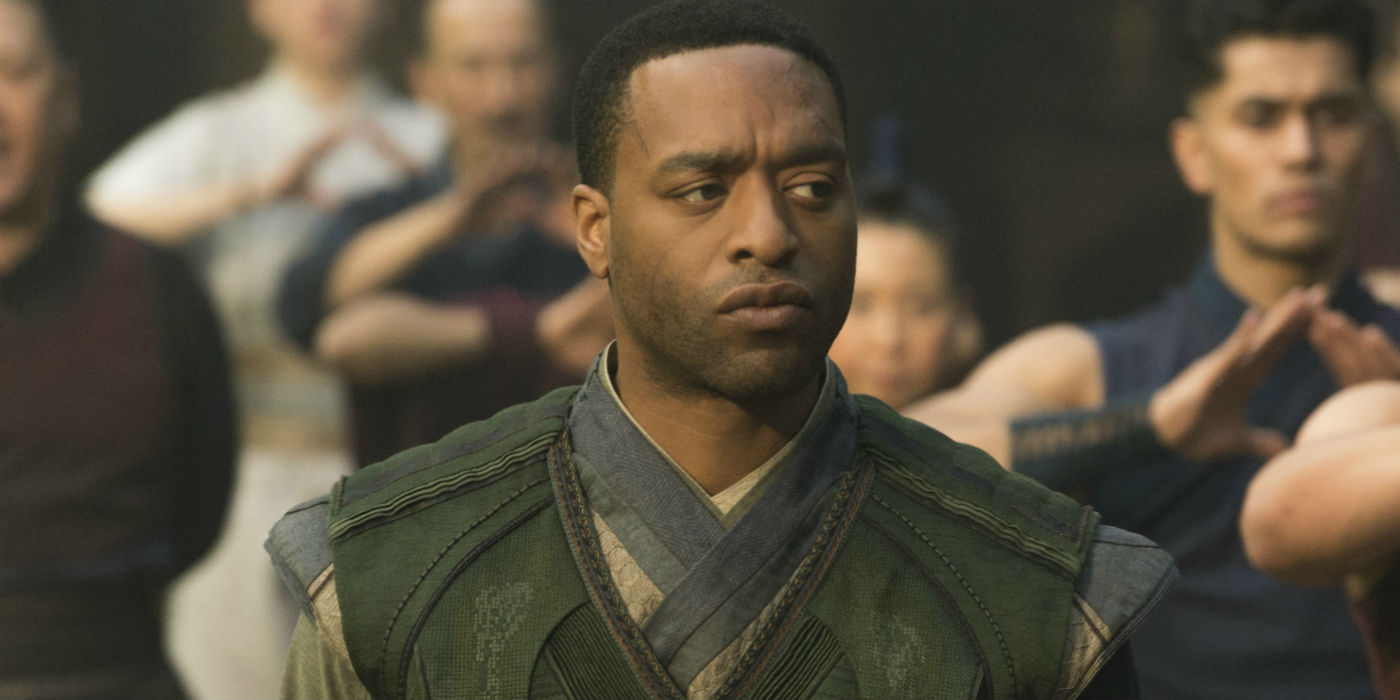Welcome to March 13th, and the first morning of a bright Full Moon. Both of these facts should contribute to my essay, hopefully for the better.
 I’ve been writing off and on since 1977. More off than on, just like my normal mental state. The first few stories I horrifically assembled were based on some dreams with the antics of some of my friends mixed in. I was still in high school and I hung out with the freaks, geeks, and weirdos. I also spent time with some of the stoner and drug using folks, even though I never partook. (No, really, I was even sorta famous for it.) On top of that, I was friendly with many of the jocks, and even tried out for the baseball team as a pitcher. I still think I didn’t get on the team because I drilled the coach with a line shot off of his cranium during a practice. Well, that or because I had a wicked fast ball that I couldn’t control. Anyways…
I’ve been writing off and on since 1977. More off than on, just like my normal mental state. The first few stories I horrifically assembled were based on some dreams with the antics of some of my friends mixed in. I was still in high school and I hung out with the freaks, geeks, and weirdos. I also spent time with some of the stoner and drug using folks, even though I never partook. (No, really, I was even sorta famous for it.) On top of that, I was friendly with many of the jocks, and even tried out for the baseball team as a pitcher. I still think I didn’t get on the team because I drilled the coach with a line shot off of his cranium during a practice. Well, that or because I had a wicked fast ball that I couldn’t control. Anyways…
Over the years, I’ve made friends and lost some, drifted apart or buried others. Most of the time I admit I was just too lazy to send a letter or pick up the phone to say hello. Some folks were just acquaintances or Friends-of-Friends.
Some folks were people I once just said hello to. A good example is Fiona. My wife and I were going through the checkout line at the North Island Commissary (like a military store), and the young lady who was ringing things up was the Uber Queen of the Goths. Every bit of exposed skin was pale, like the pallor of the dead. Fiona wore all black, of course. She was also very nice and friendly. For years my wife and I would recall Fiona out of the blue. The only reason we know her name is because of her name tag. She’s appeared in two of my books in one form or another.
All of the friends, acquaintances, and random weirdos and strangers I’ve encountered in my life at one time or another are all now living as part of the DNA in the characters I write. I never try to copy them directly — it would feel like plagiarizing meatspace. I take tiny bits of personality and blend them together. The subtle half-wink as they tell a joke; the way their voice wavers as they yell in anger; the way they smell because they don’t believe in deodorant. All of these slices can come together to create a complete and believable character. In many cases, I know why they do what they do. The old friend who never used deodorant was too poor to afford the luxury. That background adds seasoning for characters. Now I know how they may act in certain situations, like finding an envelope of hundred dollar bills in a donated dresser. That pungent friend would do his best to find the rightful owner because he knows what it feels like to be destitute.
One should be careful not to make the characters recognizable. In many cases, it can cause hurt feelings. If I copied a friend down to a speech impediment and a facial birthmark, then gave it to a horrific villain who tortures small fuzzy animals for kicks, you can rest assured that my friend would be quite irate (and probably move into the ‘former friend’ category.) Always make the characters you create a collection of traits put into a blender and hit the frappe button a few times. The froth you end up with can then be used to make believable, realistic characters that seem like they’re someone you know intimately — because they are.
There are times you have to create characters that are outside of your scope of knowledge. Take a walk around and listen to strangers. Take notes, write down interesting descriptions, and even consider saying hello. You might end up with a new friend and a protagonist outline in one fell swoop.


 For all of you “Agents of Shield” fans, I think you’ll remember that wrench in your gut when you realized, but didn’t want to admit, that Grant Ward was Hydra. Not only was he Hydra, but he was also quite psycho. Everyone’s favorite character started betraying and killing all of his friends. Except for the recently acquired girlfriend, whom he creepily stalked.
For all of you “Agents of Shield” fans, I think you’ll remember that wrench in your gut when you realized, but didn’t want to admit, that Grant Ward was Hydra. Not only was he Hydra, but he was also quite psycho. Everyone’s favorite character started betraying and killing all of his friends. Except for the recently acquired girlfriend, whom he creepily stalked. r not effect his own goals or must further them in some way. He can save his friend’s life, it can seem that it’s because he legitimately cares, and we can find out later that it was only because the backstabber needed information. Besides Grant Ward in Agents of Shield, another great example is in Brandon Sanderson’s Warbreaker. (spoiler alert) Throughout the entire novel, Siri finds in Bluefingers a confidante she can trust, until the very end when he and the Pahn Kahl people turn against her and the kingdom. He was the one person she thought she could trust and with that paradigm shift is a plot twist that changes everything.
r not effect his own goals or must further them in some way. He can save his friend’s life, it can seem that it’s because he legitimately cares, and we can find out later that it was only because the backstabber needed information. Besides Grant Ward in Agents of Shield, another great example is in Brandon Sanderson’s Warbreaker. (spoiler alert) Throughout the entire novel, Siri finds in Bluefingers a confidante she can trust, until the very end when he and the Pahn Kahl people turn against her and the kingdom. He was the one person she thought she could trust and with that paradigm shift is a plot twist that changes everything. ueen in The Lion, the Witch, and the Wardrobe? We see his betrayal coming, but his poor siblings have no idea until he’s gone. We can unfold the tragedy with carefully placed clues that the reader puts together piece by piece, gradually discerning the awful news that they hate to admit may be true, like in the famed Narnia series. We can also slam the reader with the betrayal for greater impact, putting them suddenly on the edge of their seats as they wait for the protagonist to find out. Either way works and I think the best choice is whichever one fits with the flavor of your book. Is it wrought with mystery so the betrayal is one of many factors or is it a book of many twists, turns, and tragedies where this can be one more layer on the cake?
ueen in The Lion, the Witch, and the Wardrobe? We see his betrayal coming, but his poor siblings have no idea until he’s gone. We can unfold the tragedy with carefully placed clues that the reader puts together piece by piece, gradually discerning the awful news that they hate to admit may be true, like in the famed Narnia series. We can also slam the reader with the betrayal for greater impact, putting them suddenly on the edge of their seats as they wait for the protagonist to find out. Either way works and I think the best choice is whichever one fits with the flavor of your book. Is it wrought with mystery so the betrayal is one of many factors or is it a book of many twists, turns, and tragedies where this can be one more layer on the cake? es for him. Mordo’s negative reaction when he discovers their leader has been using forbidden magic all along is a sign that not all is well. Mordo seems to come around, helping Doctor Strange save the world, and it’s not certain what Mordo will do until the moment comes. Even Mordo doesn’t seem certain what he’ll do. And then he turns his back on his friends and becomes the next super-villain. If we hadn’t already known that Anakin becomes Darth Vader, we might have been on the edge of our seats wondering if he’d really turn to the dark side or come to his senses. Because we do know, it becomes an example for the scenario above. We know it will happen, but how and when is the question. I think the unsure betrayer is one of the most compelling and heart-wrenching scenarios in fiction. It gives our protagonist’s friend a great sense of depth as they struggle with the decision. This one is also hard to pull off well, because we must show those forces of good and evil push and pull in a side character while still keeping the protagonist as the focus. Done well, it’s quite powerful.
es for him. Mordo’s negative reaction when he discovers their leader has been using forbidden magic all along is a sign that not all is well. Mordo seems to come around, helping Doctor Strange save the world, and it’s not certain what Mordo will do until the moment comes. Even Mordo doesn’t seem certain what he’ll do. And then he turns his back on his friends and becomes the next super-villain. If we hadn’t already known that Anakin becomes Darth Vader, we might have been on the edge of our seats wondering if he’d really turn to the dark side or come to his senses. Because we do know, it becomes an example for the scenario above. We know it will happen, but how and when is the question. I think the unsure betrayer is one of the most compelling and heart-wrenching scenarios in fiction. It gives our protagonist’s friend a great sense of depth as they struggle with the decision. This one is also hard to pull off well, because we must show those forces of good and evil push and pull in a side character while still keeping the protagonist as the focus. Done well, it’s quite powerful.